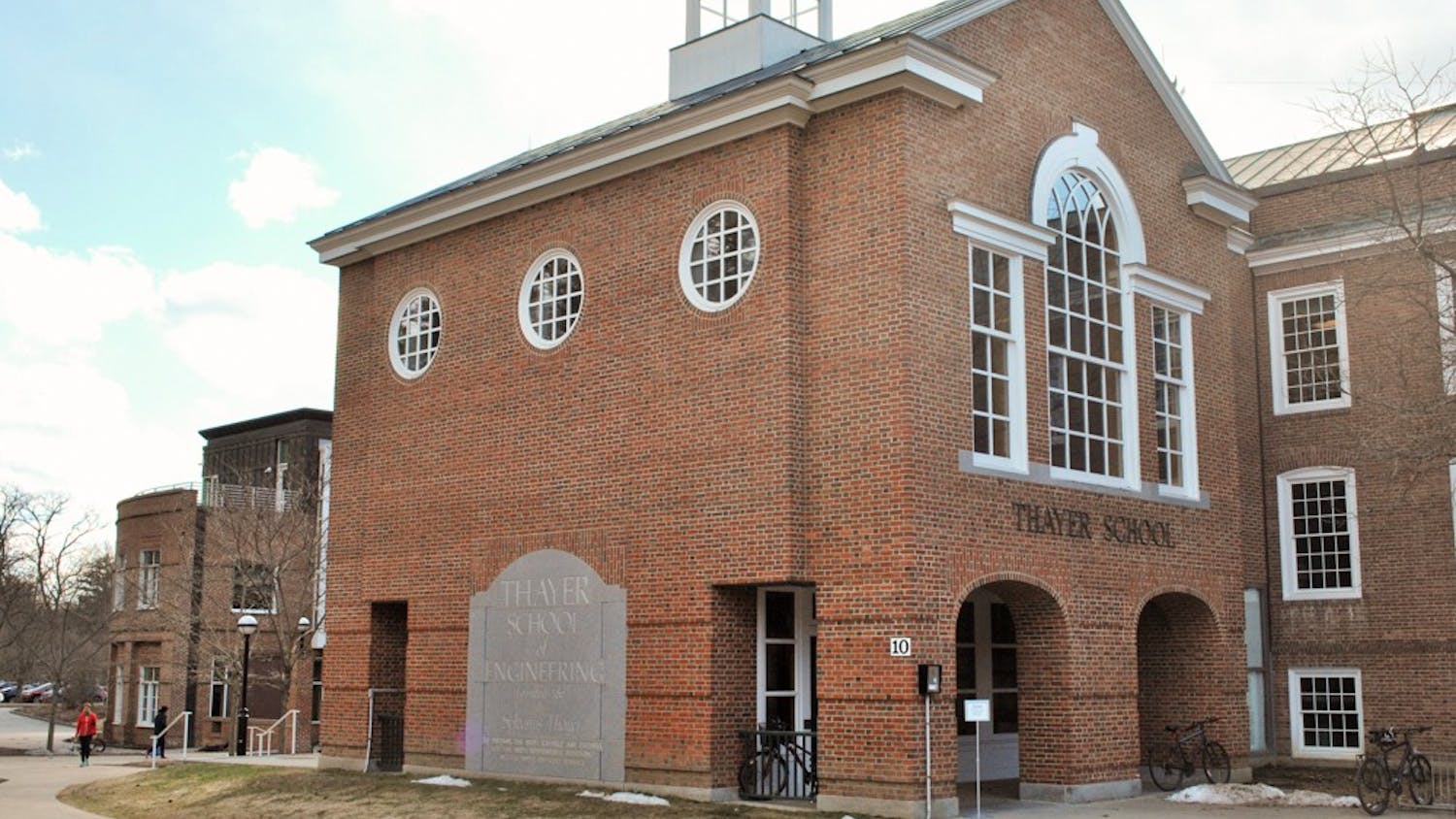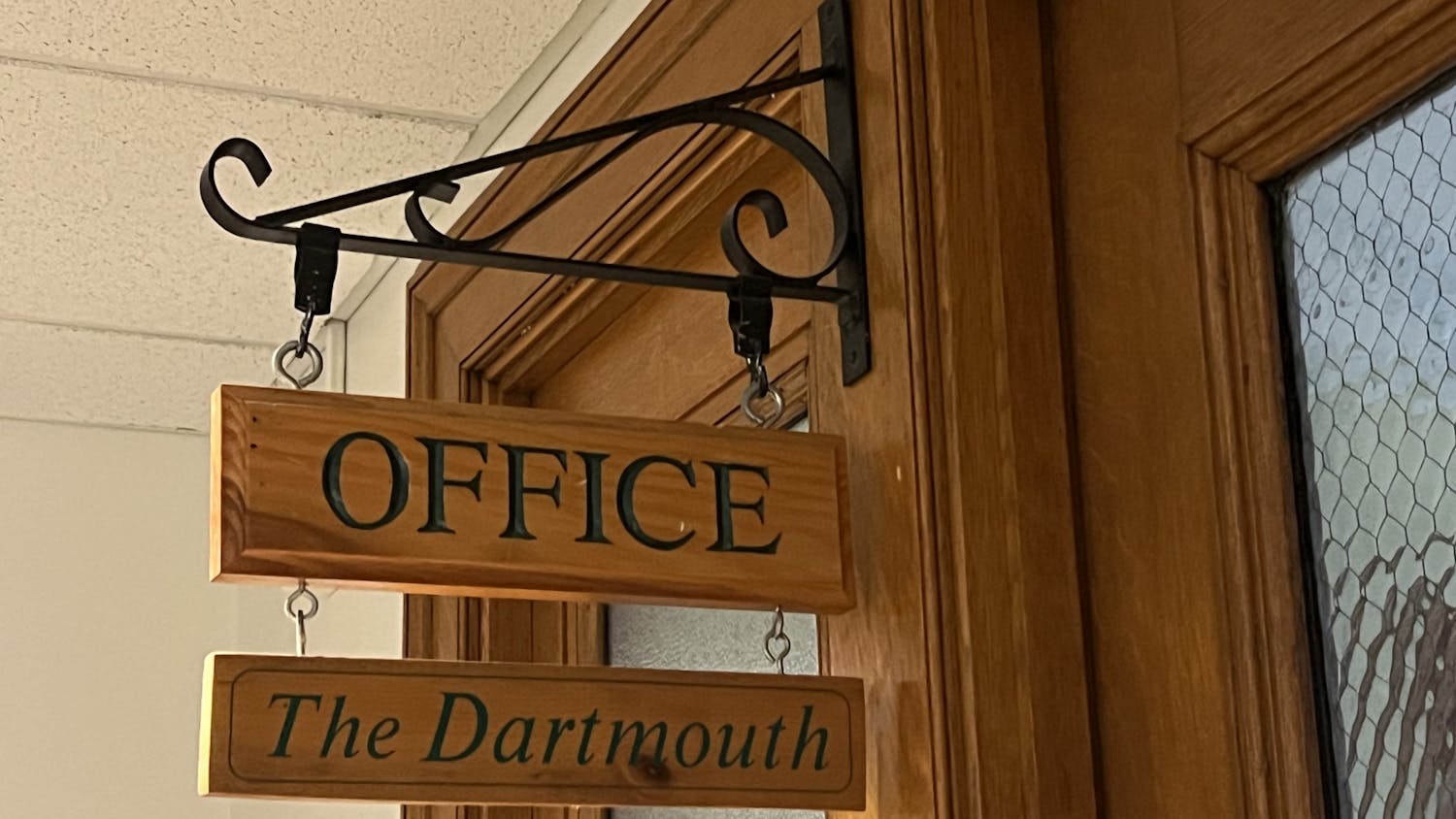Receding ice caps, rising sea levels and increasing ocean temperatures have forced international businesses and governments to rethink the role of the Arctic Ocean in the modern world, earth sciences professor Meredith Kelly and environmental studies professor Ross Virginia said in a lecture held in the Haldeman Center on Tuesday.
At the event, "Polar Environmental Trends and Their Policy Implications," Kelly said that the Intergovernmental Panel on Climate Change's most recent report, released in 2007, underestimated the rates of change recorded for Earth's rising sea levels and water temperatures.
Rising sea levels in the Arctic region will have a dramatic effect on the coastal Northeast region of the United States, Virginia said. Local and state governments in this region have been "quietly" working with zoning boards to prepare for flooding. Unlike federal politicians, local and state officials are able to plan for potential future flooding without drawing attention to the contentious issue of global warming, he said.
For the first time, Arctic researchers have discovered that melting water has begun to flow from high elevations of the Arctic's ice sheets, which is an "alarming" indication that temperatures have been rising at an elevated rate, according to Kelly. The flow of water from the tops of ice sheets lubricates the sheets, causing them to slide faster into the ocean.
Because there is little recorded data about the Earth's climate prior to 1850, scientists use proxy records, like lake sedimentary deposits and subfossil plants, to understand natural climate variability, Kelly said. Her research of ice sheets has shown that the most recent "ice advance" occurred around 300 years ago, during the "Little Ice Age," the coldest time on record for the current interglacial period.
"The climate can change really rapidly in a matter of decades, and we don't yet understand what causes these changes," Kelly said.
Since proxy records have shown sudden swings in Earth's temperature, scientists need to remain cautious when following climate patterns and predicting future scenarios, according to Kelly.
The oil and gas industries plan to explore the Arctic's continental shelf in order to potentially extract natural resources, which environmental activists claim will harm wildlife and increase society's dependence on fossil fuels, according to Virginia.
Tensions have begun to emerge between the United States and other countries invested in the Arctic region, according to Virginia. The United States considers the Northwest Passage an international strait, while Canadian officials have referred to it as an internal waterway. Russian leaders have also challenged the United States by seeking to militarize the Arctic region, he said.
Sections of the Arctic Ocean do not fit within the radius of any country's borders, and the international community will have to collaborate in order to protect that region, he said.
If the ice continues to melt, businesses will seize routes for tourism, moving oil and gas and fishing on a large scale, according to Virginia.
"Who's going to regulate the passages?" he said. "There's already no search and rescue capability through much of the region and no environmental protections for oil spills."
Thayer School of Engineering professor Donald Perovich said that instead of focusing on predictions about when the last pieces of ice will melt, people should instead realize that the ice has already melted to a point where human activity is impacted. Specifically, humans will be threatened as huge sources of methane, a greenhouse gas that is more potent than carbon dioxide, are unearthed and released because of the melting ice.
The lecture was sponsored by the Sierra Club of the Upper Valley.



